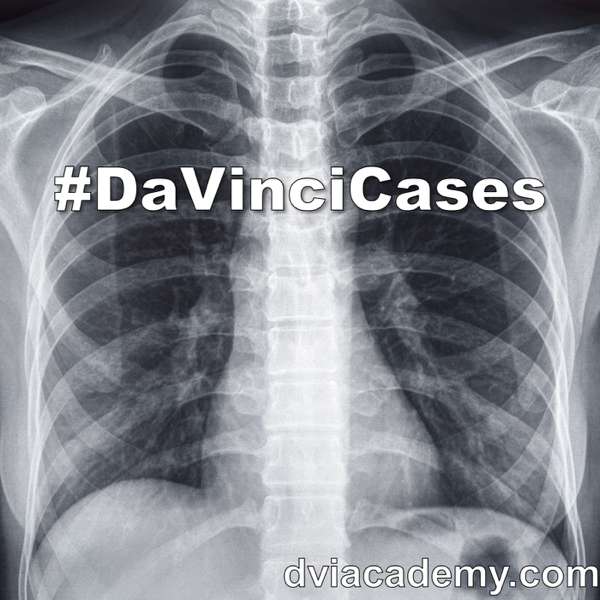div]:bg-bg-000/50 [&_pre>div]:border-0.5 [&_pre>div]:border-border-400 [&_.ignore-pre-bg>div]:bg-transparent [&_.standard-markdown_:is(p,blockquote,h1,h2,h3,h4,h5,h6)]:pl-2 [&_.standard-markdown_:is(p,blockquote,ul,ol,h1,h2,h3,h4,h5,h6)]:pr-8 [&_.progressive-markdown_:is(p,blockquote,h1,h2,h3,h4,h5,h6)]:pl-2 [&_.progressive-markdown_:is(p,blockquote,ul,ol,h1,h2,h3,h4,h5,h6)]:pr-8"> _*]:min-w-0 standard-markdown">
What if your sugar cravings, need to clean, urge to call a friend, or desire to put on a movie while working aren't just procrastination—but your nervous system desperately trying to help you avoid drowning in emotions that feel too intense to face?
In this mini episode, Dr. Aimie gets vulnerable about discovering a new level of chronic functional freeze in herself—sharing the exact moment she found herself staring at chocolate muffins on a grocery app, salivating, recognizing her body was scrambling to decrease the intensity of overwhelm. This episode reveals something critical about stored trauma: what looks like busyness or distraction is actually your biology's attempt to create distance when stress feels bigger than your capacity. And recognizing these patterns is the first step to having choice instead of falling into them unconsciously.
In this episode you'll hear more about:
The capacity equation: Why overwhelm and freeze kick in when the stress you're experiencing feels so much bigger than your current capacity—it's not a choice, it's your body going into protection mode to keep you from drowning
The chocolate muffin moment: Dr. Aimie's raw account of craving chocolate muffins while on a carnivore diet, recognizing her nervous system was reaching for sugar to numb panic—and the biology of why sugar and gluten bind opiate receptors just like Vicodin to decrease emotional pain
The pattern of disconnection: How chronic functional freeze shows up as avoidance of emotions through creating distance—sugar cravings first, then calling friends to focus on them instead of you, then cleaning and organizing anything to avoid sitting still with the stress
Why high performers miss their freeze: How being productive and getting stuff done can mask storage trauma in your body—you look fine to everyone else while struggling internally with focus, efficiency, and feeling stuck trying to push through
The distraction cascade: What happens when your nervous system can't get the chocolate muffins—it moves through the list: call a friend (focus on their needs), clean something (create busy work), put on a movie (split your attention), go to bed early (escape it all)
The biology of avoidance behaviors: Understanding that reaching for distractions isn't weakness or poor discipline—it's your nervous system literally scrambling for anything that will decrease intensity so you don't feel like you're drowning in your inner emotions
Why it looks healthy but isn't: How going to bed early, cleaning, and helping friends can appear like self-care and productivity when they're actually signs of freeze response—trying to run away and create distance from what feels too big
From no choice to real choice: How recognizing these patterns as messages from your body creates space for different decisions—before awareness, you were falling into chocolate muffins and distractions; after awareness, you can see what your body really needs (to know you're going to be okay)
The growth edge opportunity: Why being at your edge in overwhelm isn't doom and gloom—it's actually your opportunity to expand capacity so you can hold more stress without going into freeze, transforming your relationship with the freeze response entirely
The patterns of pain and protection: Where to find the full framework in Chapter 9 of The Biology of Trauma, including disconnection, perfectionism, push-through philosophy, chronic fatigue, and autoimmunity as predictable patterns of stored trauma
Your busyness isn't always about being busy. Sometimes it's your nervous system trying to save you from drowning. But here's the truth: when you can recognize the chocolate muffin craving, the urge to clean, the need to focus on someone else, or the desire to split your attention with a movie as messages from your body—not failures or weaknesses—you gain choice. You can ask, "What do I really need right now? What is my body trying to tell me?" That recognition is powerful. That's what transforms freeze from something that controls you into something you move through, knowing you'll be okay and that this edge is actually your growth edge.
🎧 Want the full context? This mini episode expands on concepts from Episode #148: Why You Can't Sit Still: The Hidden Biology of Busyness. Go back and listen to that full episode for the complete framework on recognizing and working with freeze responses in your body.
📖 Want to go deeper? The Biology of Trauma book, Chapter 9 (page 116) provides the complete patterns of pain and protection framework for recognizing chronic functional freeze in yourself and others. Get your copy at biologyoftrauma.com/book
🔬 Ready to recognize your patterns? Explore more Biology of Trauma episodes on understanding your nervous system's protection patterns and expanding your capacity at biologyoftrauma.com

 Our TOPPODCAST Picks
Our TOPPODCAST Picks  Stay Connected
Stay Connected







